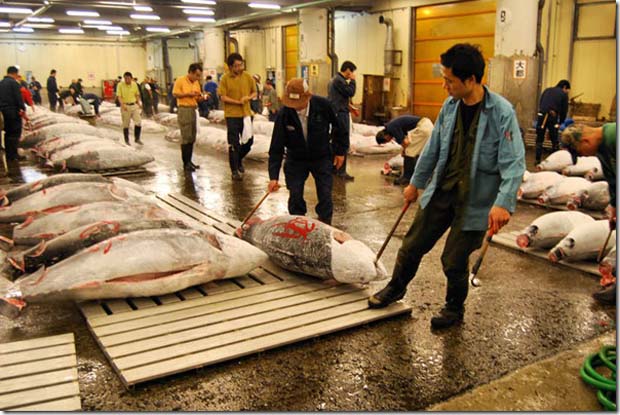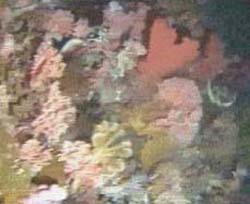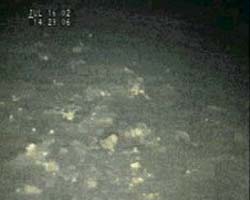By Skip Clement
[dropcap]A[/dropcap]nother rainy day trip to Barnes & Noble to find something delicious to read about fishing or just something plain “fishy.” I made a quick decision and picked up a copy of The Unnatural History of the Sea by Callum Roberts.
The book an eye-opener – describing mankind’s insatiability for taking more fish stocks from the sea than it can self-replenish and that practice is exhausting many stocks, including at the top of the food chain species. Unhappily, we’ve arrived at that point in time and are taking more fish stocks from the sea than it can self-replenish.
It was only 200 years ago that the universal belief was that the sea was an inexhaustible resource. Just 50 years ago, science began to write that someday men will learn that the sea bounty is exhaustible.
The delusion of inexhaustible is an egregious one
Scientists now know, as Callum Roberts writes – that the resources of the sea are as limited as those of land and air are. Roberts scandalizes our penchant for exploiting fisheries to the point of extinction – calling it “appalling.”
In Japan, a single fish sold for $1.7 million
One example needs man’s attention right now that we, along with other countries, have dramatically overfished the bluefin tuna. In Japan, where sushi is a favored dish by all who can afford it, a single fish sells for $1.7 million. Disparingly, they would rather pay the price than find something else to eat and give the bluefin a shot at survival. Today, Roberts writes: “. . . there is probably only one bluefin left for every fifty present in 1940.” Adding, “The last of these regal fish are today pursued more relentlessly than ever. . . . The fish are now so valuable that it pays to employ planes and helicopters to scan the ocean, guiding boats in for the kill when fish are spotted. This isn’t fishing . . . it’s extermination.” Current estimates are the bluefin tuna stocks are 96% of population reduction – nearing the tipping point and closing in on extinction.
In the early 18th century, the Chesapeake oyster yield was 15 million bushels. Today, 80,000 bushels
In Maryland, only 50 or so years ago, officials told the State Oyster Commission that the oyster industry was dominated by reckless, uneducated men who paid no attention to consequences. In the official’s words, the industry was “ . . . more like a race for something adrift,” where the goal was “to get as much as he can before it is lost.”
Low life fishing is the most destructive – “bottom trawling”
As the book draws to a close book, Roberts criticisms of modern fishing – specifically the most destructive and unnecessary practice of bottom trawling. Fisheries managers and policy makers get their far share of scorn as well. Roberts exposes their stupidity – citing taking a single species approach to management, which ignores the complex nature of ocean ecology. Roberts ends offering a seven step plan for ocean recovery with emphasis on establishing marine reserves that bans fishing. Large swaths of the ocean that particularly protect highly migratory species, like the bluefin tuna.
The most optimistic agenda of the book is that nations are finally starting to take unilateral and universal approaches that, hopefully, are not too late.
[information]
About Callum Roberts
Professor Callum Roberts is a marine conservation biologist in the Environment Department at the University of York in England. He is a prolific author and researcher and has advised U.S., British, and Caribbean governments on the creation of marine reserves.
To get a copy of of The Unnatural History of the Sea by Callum Roberts click here. […]
[/information]




